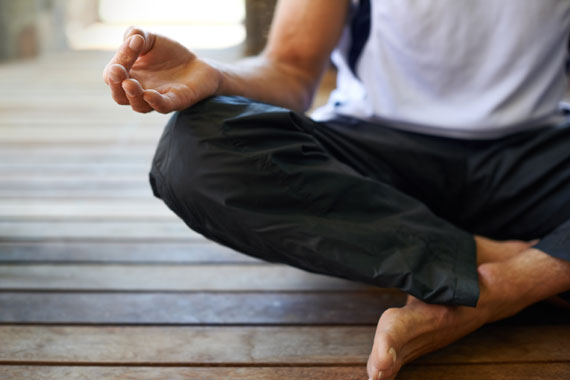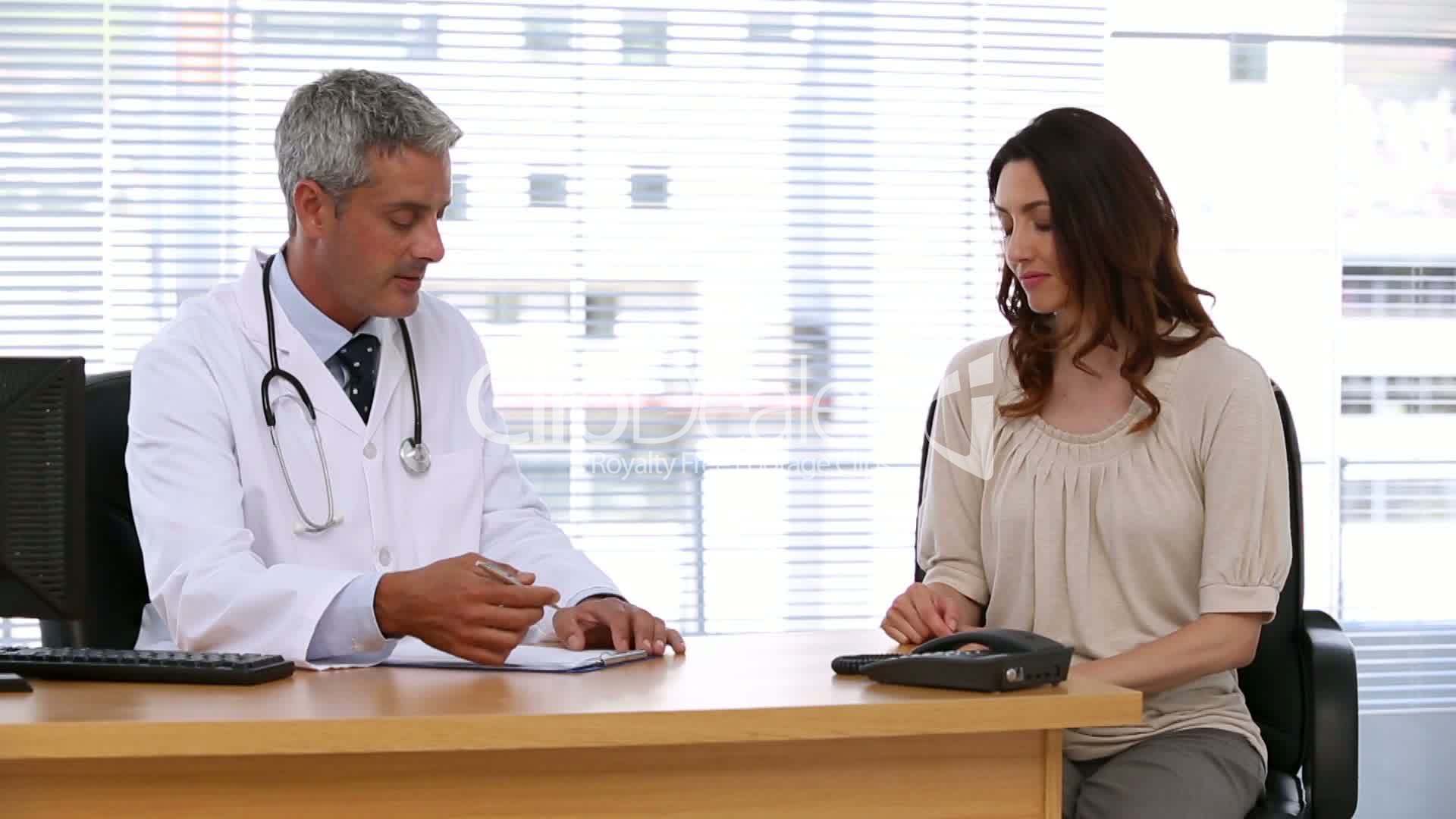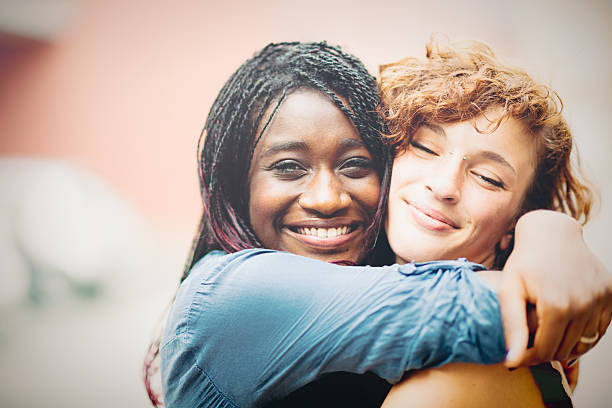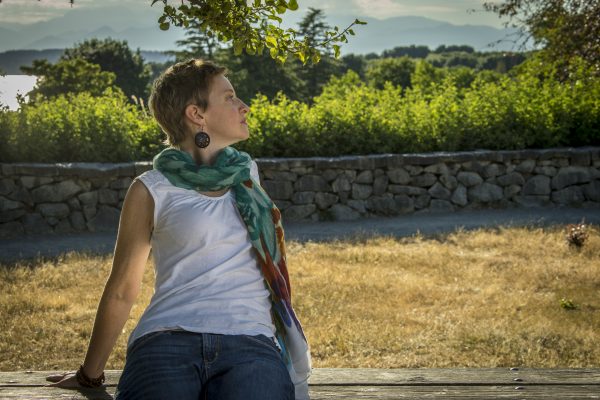by Jenny Jnani Hale
In spiritual circles, it’s fashionable to exhort women to “surrender.” The neo-Tantrics will explain that expanded orgasms lie just the other side of surrender, and that resisting surrender makes a woman “unfeminine.” Fundamentalist Christians and Muslims will point to verses requiring women to “submit” to their husbands (in exchange for protection and being guided to God, of course).
What about men? Do men get a pass in this “surrender” business?
Obviously, to reach transcendent states in which the ego is dissolved, everyone, whether male, female or gender-fluid, will need to make the ultimate surrender – relinquishing the separate self.
The oft-forgotten secret?
This ultimate surrender is waaaay easier for someone in a female body than someone in a male body, at least on average. There are always individuals who buck the trend of their biological gender.
There are spiritual traditions which make it clear that this gender difference was well-known to the ancients.
In Kabbalah, women have only two observances – a morning consecration, and a weekly ritual of lighting the menorah on shabbat evening. These two small rituals are enough to keep a woman on track, because she is naturally much more connected to the Divine, and less likely to stray from the path. Men, on the other hand, have a dazzling array of practices designed to remind them at every turn that they are here for a Divine purpose, not for personal accomplishments.
In traditional Tantra, every woman, no matter how uneducated, is to be treated as a manifestation of the goddess of instantaneous enlightenment. In some cases, the texts go so far as to say that without the assistance of a woman, a man practicing alone can never reach the highest states of liberation.
In modern times, we can make hypotheses about why this gender difference might occur. We now have some understanding of the effects of hormones on perception and motivation, and the personal testimonials of transgender people who have experienced both versions of reality in the one body.
At the base of the gender difference are the effects of the male hormone, testosterone. Women also have some testosterone, but at much lower levels than men. Testosterone mutes the proprioceptive feedback which forms the basis of interpersonal visceral empathy. In more simple language, testosterone makes us less aware of what is happening both within our body, and within the bodies of the people around us.
Adrenaline also has this effect, which is why stressed women feel so much more isolated than women who have a lot of social support and control of their time. Studies have shown that even spiritual seekers, such as students studying to be ministers, can be made to ignore a person needing medical help if they believe they are late for an exam. Adrenaline is a gender-neutral empathy-suppressant, though. Both men and women suffer from a reduction in empathy and compassion when stressed, regardless of their baseline levels.
One of the major ways to offset the effects of testosterone is to generate more of the “bonding hormones,” such as oxytocin and vasopressin. These hormones are stimulated by physical touch, affection, emotional closeness, trust, and spending a lot of time together.
Given this hormonal recipe, it is easy to see why people in male bodies could get deep spiritual benefits from the loving presence of another person (generally assumed to be of the opposite gender, but unless that person is a highly advanced practitioner with good detachment, personal preferences, cultural taboos and sexual orientation would still play a part).
Neural entrainment is another valuable tool which has been used since time immemorial to help bridge the spiritual gap.
When two individuals consciously “connect,” with or without sustained eye contact, their brain waves synchronize. This process allows someone who is very familiar with a particular state to induce that state in another person, even if that person has never previously experienced that state. In spiritual circles, this is referred to as “initiation”, and is often supported by rituals, which subconsciously encourage the person to be open to receive the new state.
When men are initiated into deeply connected states of consciousness by women, they can attain the same effects as monks who have meditated alone in caves for years on end, within a very short span of time.
In our Western culture, however, we glorify the ruggedly individualistic state in which the average man finds himself. Mainstream media encourages women to “lean in,” to adopt more individualistic traits, to be less receptive and empathetic, and put their own interests first, in order to “make it” in an economy organised around individual men. We lack language to express the ways in which people rise together to accomplish things beyond what can be accomplished as isolated individuals, and we attribute successes to individual leaders, not to well-interconnected teams.
Even in spirituality, the vast majority of publicly visible spiritual leaders are in male bodies. There are more books by male spiritual teachers than females. The work of female spiritual leaders and teachers is often misattributed to their male teachers or disciples. Looking at the available corpus of works and biographies from spiritual leaders, one could be forgiven for thinking that spirituality is generally a masculine pursuit, with women only contributing via fundraising, housekeeping/secretarial services for the Great Leaders (being their consorts in non-celibate traditions), and cleaning the houses of worship.
It is almost impossible for someone raised in such a culture to spontaneously realize that the average woman starts her spiritual journey several stations down the track from where the average man starts, simply by virtue of her biology.
So, if you find yourself in a female body, in a spiritual tradition or community run by men, this is your get-out-of-jail-free card. Your inherent connection with the people around you, and your inner wisdom, will be of more use to you than following instructions that are designed by men for men.
Does a particular practice feel rigid, constraining, or limiting? Allow yourself to explore what happens when you gradually release arbitrary constraints. Do you find yourself sinking deeper into communion, or does the laxity allow you to get distracted?
This is not carte blanche to declare yourself to be your own guru, and not in need of teachers any more. Everyone needs guidance, as the pitfalls on the spiritual path are many and varied.
This is simply a reminder that if you are in a female body, you might not need to do so much, or such highly structured practice, in order to reach the same results as someone in a male body might require. Sinking in may benefit you more than pushing through. Connecting with the Universe may work faster than seeking to transcend it. Honoring your inner wisdom may be more effective than painting by numbers.
And if you are in a male body, you just might be able to save yourself a few years of pushing through and practicing hard, if you can find a woman who is willing to initiate you to the level of consciousness she has already attained!
By Jenny Jnani Hale




